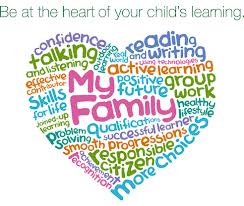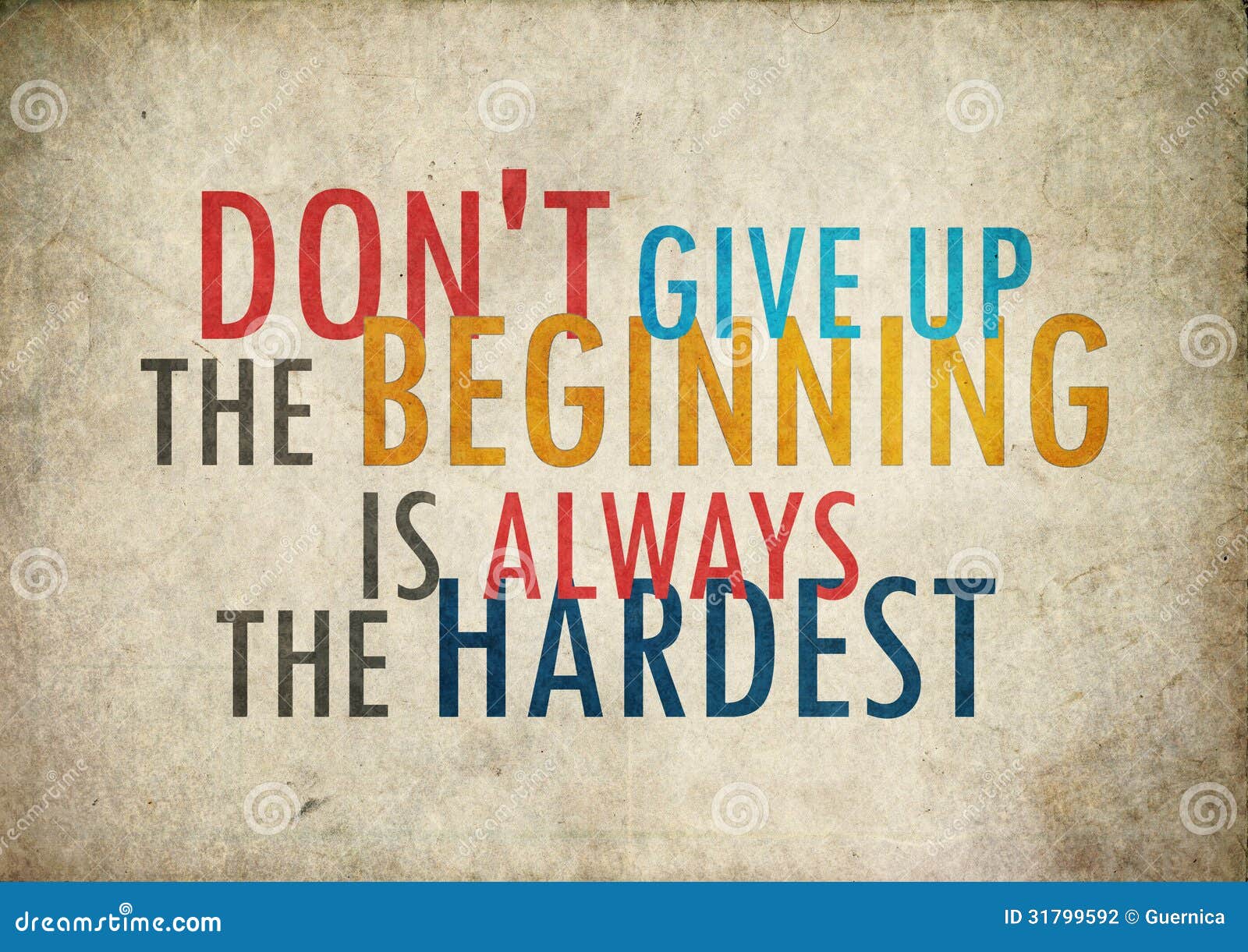I decided to read this article because I thought it was going to give me some insight on different strategies to help me teach students whose brains are wired different. I can tell that some of my students are not all wired the same way and that they excel at different things, but when it comes to some topics, I have difficulty thinking of other ways to teach it so I normally go to a colleague; however, this article was not helpful. I decided to continue reading it to see what some of their ideas of a perfect learning environment looked like.
I thought some important ideas for a learning environment where minds can grow would be 1.) teachers would be well trained on how learning works for different brains, 2.) all students would be held accountable for being productive, and 3.) students would be diagnose according to their strengths, but most importantly, parents and teachers would be partners in education.


